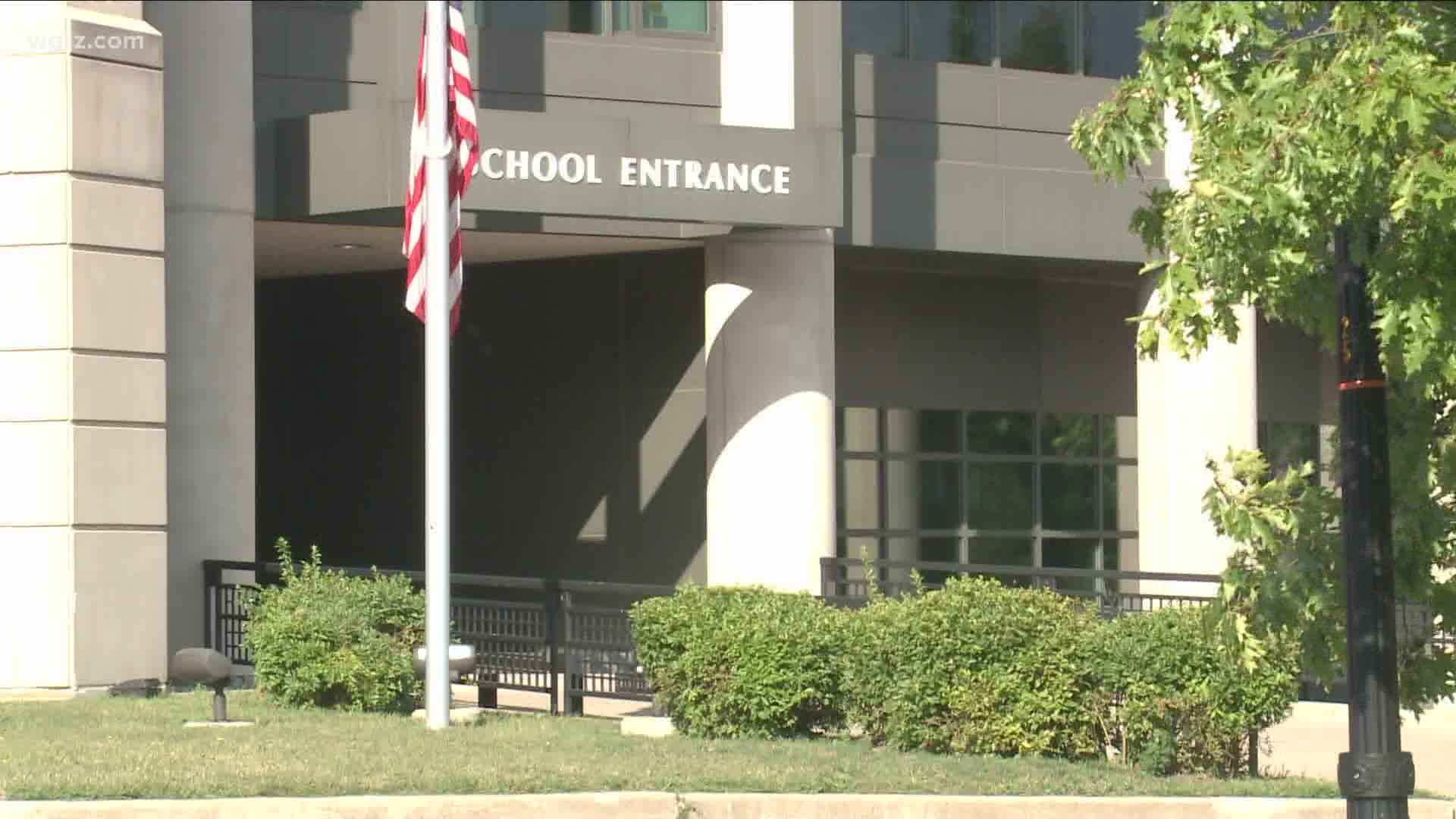For years, African Americans have been fighting. For freedom, their rights, their voices and their stories. Stories that have often been overlooked, misrepresented or simply left out.
But that is changing, at least in some classrooms.
Buffalo Public Schools, along school districts in Chicago and Washington, D.C., have collectively decided to update their history curricula with materials that focus on how the legacy of enslavement has affected today's America, as a social rights issue, not just a racial issue.
Dr. Fatima Morrell is the associate superintendent for culturally and linguistically responsive initiatives for Buffalo Public Schools, and she is spearheading the design and diversity of curricula for students throughout the district.
"Textbooks are written from a Euro-centric lens with really one voice. It does not include all the myriad of voices of all the people of color," Dr. Morrell said.
As a result, the stories and histories of Black and brown students are often compromised, and as a result, students of color are often left feeling ostracized from their own classmates and sometimes their own schools.
"As leaders we have to combat these companies with our own resources, our own tools. Our story, the African-American story, has for the most part been told by a Eurocentric author, we needed to integrate materials written by people that looked like our students, a majority of who are Black and brown," Dr. Morrell said.
During the past few years, BPS-curated curriculum inspired by the 1619 project, a collection of essays from The New York Times Magazine, all of which were written by a Black woman.
Teachers have found ways to creatively teach students from K-12 a different version of Black history, through a different set of eyes.
In addition, Dr. Morrell says, the district has added books by historic authors and figures like W.E.B. DuBois to the bookshelves, as mandatory reading.
Why? So students of color can experience the feeling of turning the pages and seeing someone that looks like them.
"There are books about I love my hair, I love me. There are books about all of us are different, but all of us are the same," she shared.
New this year is a the launch of a district-wide K-12 "Black Lives Matter" curriculum, not to replace, but to elevate and support the curriculum already in place.
What will start as a two-week curriculum will grow over time, Dr. Morrell says.
Modeled after a curriculum out of Washington, D.C., the district is focusing on five major areas: collective value, empathy, diversity, love and engagement, and restorative justice.
"Each lesson will last a period. For grades 7-12, lessons will be 45 minutes long, and for Pre-K, they will be an hour long. Teachers will perform, real aloud, and design interactive plans that highlight and individualize these importance issues, especially now," she said.
For a sneak peak at what 7th and 8th graders can expect this year in one of their "Black Lives Matter" lessons, there will be a PowerPoint highlighting the life and career of Congressman John Lewis.

